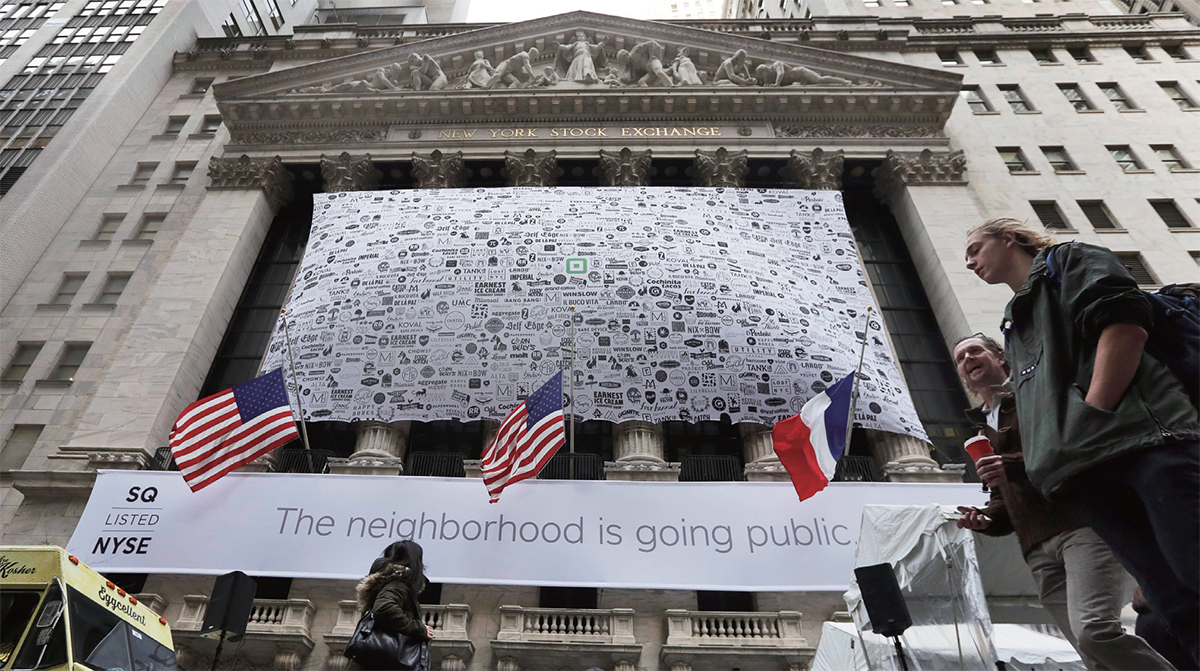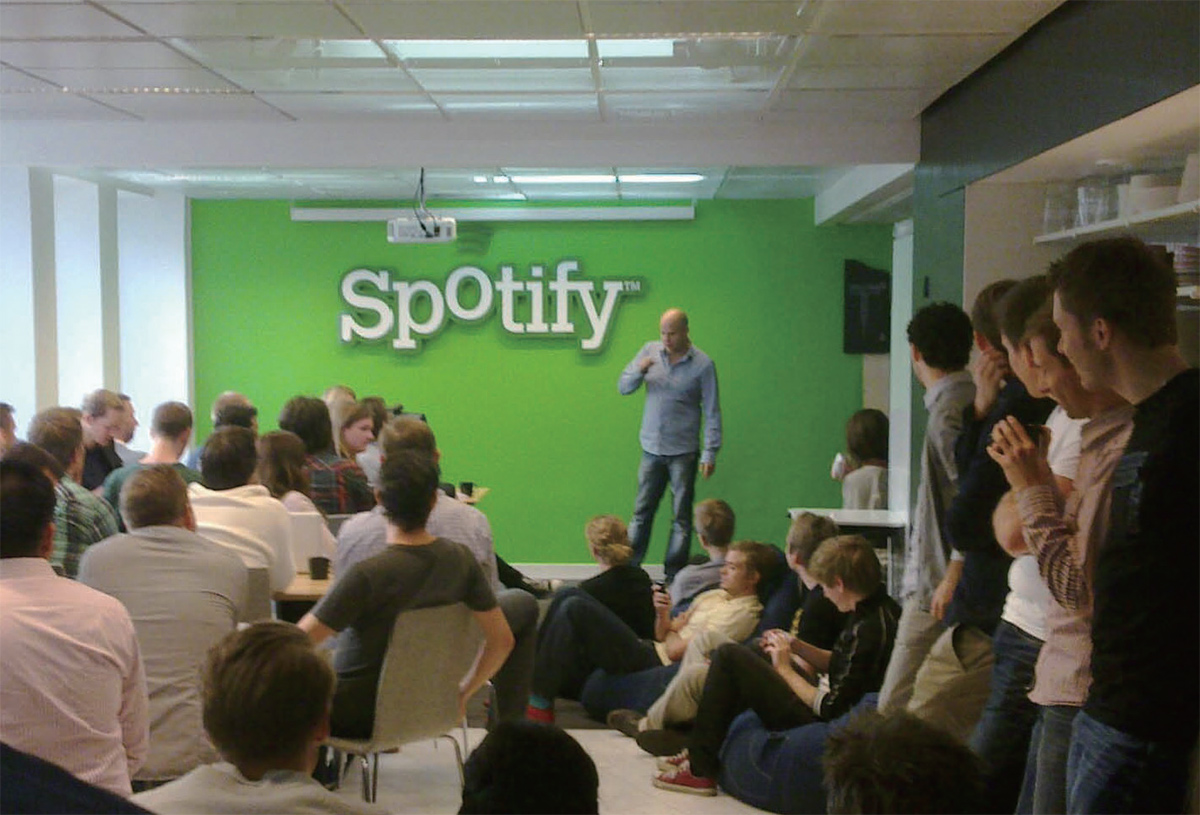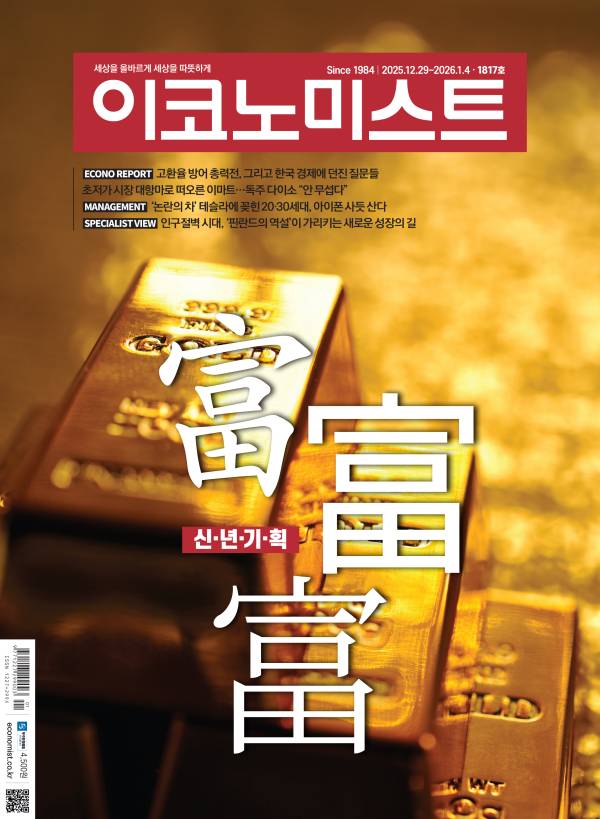- (Free MP3) ‘유니콘’을 죽여라

KILL THE UNICORNS!
The stupid-money flood in tech is bad for business and bad for innovationThe fascination with technology “unicorns” seems about to go the way of Bigfoot sightings. And tech startups will be better off for it. Really.
At the moment, a lot of Silicon Valley is in a panic. There’s been a party going on for the past year, and it apparently just ran out of beer.
Huge rounds of financing have been inflating the value of startups, creating a herd of billion-dollar private companies popularly labeled unicorns. According to CB Insights, in April there were 57 unicorns with a total value of $211 billion. Now that has shot up to 144 valued at $505 billion. These companies range from Uber (valued at $51 billion) to Spotify ($8.5 billion) to companies you’ve probably never heard of, like Quikr, Ka bam and Farfetch ($1 billion each).
Pretty much everyone you ask in tech says the crazy money is drying up. Startups looking to go public are finding that their private valuations don’t hold. Square’s initial public offering this month was supposed to be the crystal ball that would foretell the fate of all unicorns. Well, Square’s last private round valued it at $6 billion. Post-IPO, its market cap is more like $4 billion. Some $2 billion went poof.
The troubles look worst from up close, especially in Silicon Valley. The pre-IPO funding flood encouraged a good deal of sloppy management, overblown egos and stupid expectations, so there will no doubt be layoffs, underwater options and fortune- seekers moving back to Oklahoma.
But the damage from a rupturing valuation bubble isn’t likely to be anything like 2000’s tech apocalypse.
For starters, the total value of all the unicorns put together is barely more than Microsoft’s $432 billion market cap. If the unicorns lost a third of their total value, it would be the equivalent of the $182 billion AIG bailout. All in all, the unicorns are a small group with an outsize image.
Back in the late 1990s, exuberance over the Internet caused the building of dot-com and telecom companies that promised way more than the technology could do and got way ahead of what people actually wanted — Webvan, Flooz and the infamous Pets.com. They weren’t real businesses. When funding withered, many closed.
This time, though, most of the companies are building products and services people desire. The companies have real business models. Five years ago, it was nearly impossible for a craftsman at a street fair or a piano teacher making a house call to take a credit card. Now thousands of small businesses rely on Square, changing the nature of transactions. For the first half of 2015, Square brought in revenue of $560.6 million, at a healthy growth rate. In that way, Square is very much a fortune-teller for other unicorns. It operates a fine business. It disappeared $2 billion because the financiers screwed up when they invested.
As the valuation spiral unwinds, a relatively small circle of private investors will get seriously whacked, and some million- dollar Wall Street bonuses won’t get paid. But since the unicorns aren’t public, the financial fallout won’t blow far. The companies that have built real businesses won’t go away.
And then it will be better for startups — possibly much better.
Startups will benefit as office rents tumble and good people become easier to hire. The cost of starting a tech company and launching a product has dived by something like a hundredfold since the dot-com era, thanks to the emergence of things like cheap cloud computing and open source software. Private money raised has been far outpacing the cost of developing a business. Less money in the system is not going to result in less innovative technology getting built.
The influx of so much private money screwed up the natural metronome of the tech startup universe. Huge funding rounds convinced a lot of founders to stay private too long. Data analysis of post-2000 tech IPOs shows that almost all of the most enduring and valuable tech companies went public when they were between six and 10 years old. Facebook, Google, Twitter, VMware, Red Hat and others all fit that model. Companies that rushed to IPO earlier or waited until later almost always created very little long-term value.
So there is a pace that works in tech. It starts with a gestation period. By years six to 10, it becomes obvious that a new company and its new category will firmly take hold, and the company then goes public and ramps up. History suggests that companies will benefit if that pace returns.
Moreover, the billions of dollars pumped into tech startups don’t help. The data analysis shows that money raised by a company while private has absolutely zero correlation to its long-term performance as a public company. In other words, the gigantic private financing rounds of late are like participation trophies in kids’ soccer. They’re meaningless and send the wrong signals.
Some of this helps explain why a lot of great tech companies get started on the backside of exuberant times. Uber was founded in 2009, just after the 2008 financial crisis. Google blossomed in 2000. Microsoft was founded in 1975 in the midst of an oil crisis. Give the private-valuation nuttiness a moment to clear, and it should be the sanest time to start a tech company in years.
‘유니콘’을 죽여라

기업가치 10억 달러 이상인 IT 스타트업에 쏟아지는 눈 먼 돈은 사업과 혁신에 독이 된다기술업계의 ‘유니콘’이 비상한 관심을 끈다. 유니콘은 기업가치 10억 달러 이상인 IT 스타트업(신생기업)을 가리킨다. 하지만 그런 인기는 외계인을 봤다는 주장처럼 허망할 가능성이 크다. 사실 기술 스타트업에는 그게 오히려 약이 될 수 있다.
현재 실리콘밸리는 비상이 걸렸다. 지난 한 해 동안 계속 파티가 열렸지만 이제 맥주가 떨어진 듯하다.
거액의 투자가 몰리면서 스타트업의 가치에 거품이 생겼다. 그 결과 ‘유니콘’으로 불리는 신생기업이 속속 등장했다. 벤처투자 정보 제공업체 CB 인사이트에 따르면 지난 4월 기준 유니콘은 57개로 전체 기업가치가 2110억 달러에 이르렀다. 지금은 144개로 늘어나 전체 기업가치가 5050억 달러에 이른다. 우버(510억 달러)와 스포티파이(85억 달러) 같은 잘 알려진 기업을 비롯해 퀴커, 카밤, 파페치(각각 10억 달러) 등 들어보지 못한 기업도 숱하다.
기술업계의 거의 모든 종사자는 운영 자금이 고갈된다고 말한다. 상장을 원하는 스타트업들은 실제 평가 가치가 기대에 못 미친다는 사실을 깨닫는다. 지난 11월 기업공개(IPO)를 실시한 모바일 결제 스타트업 스퀘어로 유니콘의 운명을 점칠 수 있었다. 결과는 실망스러웠다. 스퀘어는 마지막 투자 유치에서 기업가치가 60억 달러였지만 IPO 후 가치는 40억 달러로 평가됐다. 20억 달러가 거품이었다는 얘기다.
자세히 살펴보면 문제가 아주 심각하다. 특히 실리콘밸리가 그렇다. IPO 전 거액의 투자 유치로 경영이 방만해지고 자만심만 커지면서 터무니없는 기대감만 높아졌다. 그 결과 감원, 주가 폭락, 투자자 이탈이 속출한다.
그러나 유니콘의 거품이 터지면서 생기는 피해는 2000년대의 기술주 붕괴에는 크게 못 미칠 전망이다.
우선 유니콘 전부의 가치를 합쳐봐야 마이크로소프트(MS)의 시가총액 4320억 달러보다 약간 높을 뿐이다. 유니콘이 전체 가치의 3분의 1을 잃는다 해도 보험사 아메리칸인터내셔널그룹(AIG)이 미국 정부로부터 받은 1820억 달러의 구제금융과 맞먹는다. 대체로 유니콘은 겉보기는 공룡이지만 실제론 작은 그룹이다.
1990년대 말 인터넷을 둘러싼 과열 현상으로 기술 역량을 넘어서는 장밋 빛 약속을 하고 소비자가 원하는 것을 한참 앞서가려는 닷컴과 텔레콤 기업이 우후죽순으로 생겨났다. 웹사이트로 주문 받은 채소를 소비자 집까지 곧바로 배달해주는 웹밴, 친구와 가족에게 이메일로 전송할 수 있는 가상통화 서비스를 제공하는 플루즈, 웹사이트를 통해 애견용품 파는 페츠닷컴이 실패한 대표적인 닷컴이다. 그들은 사업 모델이 탄탄한 실질적인 기업이 아니었다. 투자가 줄어들자 대다수가 문을 닫았다.
그러나 이번엔 대다수 스타트업이 소비자가 원하는 상품과 서비스를 개발했다. 실질적인 사업 모델도 있다. 5년 전만해도 거리 시장의 공예가나 가정을 방문하는 피아노 교사가 신용카드로 대금을 받기는 거의 불가능했다. 지금은 소기업 수천 개가 스퀘어에 의존해 거래 성격을 바꾸고 있다. 올해 상반기 스퀘어의 매출은 5억6060만 달러였다. 건전한 성장률이다. 그런 점에서 스퀘어는 다른 유니콘의 미래를 점칠 수 있는 상징이다. 경영도 잘했다. 기업가치에서 20억 달러가 증발한 것은 금융업자들이 투자할 때 실수했기 때문이다.
기업가치가 떨어지면 비교적 소수의 개인 투자자들이 피해를 입고 일부 월스트리트의 보너스가 수백만 달러 정도 적어질 것이다. 그러나 유니콘은 상장기업이 아니기 때문에 금융 피해의 여파가 널리 퍼지지 않는다. 또 실질적 사업을 개발한 업체는 쉽게 무너지지 않는다.
그렇다면 스타트업으로선 훨씬 더 바람직한 사업 환경이 조성될 것이다.
스타트업은 사무실 임대료가 낮아지고 능력 있는 직원을 구하기가 쉬워지면 더 낫다. 기술업체를 창업하고 상품을 개발하는 비용도 닷컴 붕괴 후 크게 낮아졌다. 저렴한 클라우드 컴퓨팅과 무료로 사용할 수 있는 오픈소스 소프트웨어 덕분이다. 사업 구축 비용도 IPO 전에 유치한 투자보다 훨씬 낮다. 시스템에 돈을 적게 들인다고 개발되는 기술이 덜 혁신적인 건 아니다.
투자금의 과다 유입이 IT 스타트업 세계의 표준 속도계를 망쳐 놓았다. 거액의 투자 유치로 수많은 창업자는 IPO를 지나치게 오래 미룬다. 2000년 이후 기술기업 IPO의 데이터 분석에 따르면 가장 오래 가고 가치 있는 기술기업 거의 대부분이 창업 6∼10년 사이에 주식을 상장했다. 페이스북·구글·트위터·VM웨어·레드햇 등이 그랬다. 그보다 일찍 또는 늦게 주식을 상장한 기업들은 거의 전부 장기적인 가치를 창출하지 못했다.
기술업계엔 적절한 속도가 있다. 구상 단계부터 과속은 금기다. 창업 후 6∼10년이 되면 그 기업이 개발한 기술이 확고히 자리 잡을 것이라는 점이 확실해진다. 그러면 기업은 주식을 상장해 몸집을 키운다. 역사를 보면 그런 적정 속도가 회복되면 기업이 승승장구한다.
더구나 IT 스타트업에 쏟아부은 수십억 달러도 별 도움이 안 된다. 데이터 분석에 따르면 비상장 기업으로서 유치한 투자는 상장 기업으로서 올리는 장기적 실적과 아무런 상관없다. 다시 말해 요즘 스타트업의 대규모 투자 유치는 초등학교 축구경기에서 참가 상과 같다. 아무런 의미 없으며 잘못된 기대치만 높일 뿐이다.
뛰어난 기술업체 대다수가 호황이 끝난 뒤 생긴 이유도 거기서 찾을 수 있다. 우버는 2008년 금융위기 발생 직후인 2009년 생겼다. 구글은 닷컴이 붕괴한 2000년 꽃을 피웠다. MS는 오일쇼크와중인 1975년 세워졌다. 스타트업 투자 열기가 식고 나면 기술기업을 창업할 적기가 찾아올 것이다.
- KEVIN MANEY NEWSWEEK 기자 / 번역 이원기
ⓒ이코노미스트(https://economist.co.kr) '내일을 위한 경제뉴스 이코노미스트' 무단 전재 및 재배포 금지










![면봉 개수 → 오겜2 참가자 세기.. 최도전, 정직해서 재밌다 [김지혜의 ★튜브]](https://image.isplus.com/data/isp/image/2025/12/21/isp20251221000019.400.0.jpg)
![갓 잡은 갈치를 입속에... 현대판 ‘나는 자연인이다’ 준아 [김지혜의 ★튜브]](https://image.isplus.com/data/isp/image/2025/11/21/isp20251121000010.400.0.jpg)



당신이 좋아할 만한 기사
브랜드 미디어
브랜드 미디어
김병기 원내대표, ‘본인의 각종 의혹에 무거운 표정으로 사퇴’
세상을 올바르게,세상을 따뜻하게이데일리
이데일리
이데일리
'현역 빅리거' 브라운의 한국행 불발, 왜?
대한민국 스포츠·연예의 살아있는 역사 일간스포츠일간스포츠
일간스포츠
일간스포츠
기업회생·파산·정보유출…‘불신’으로 가득찼던 2025년 유통가
세상을 올바르게,세상을 따뜻하게이데일리
이데일리
이데일리
[마켓인]“연말 휴가도 잊었다”…‘상장준비’ 구다이글로벌에 증권가 ‘사활’
성공 투자의 동반자마켓인
마켓인
마켓인
올해 상장해 주가 급등한 K바이오 공통 키워드는 '혁신 신약'
바이오 성공 투자, 1%를 위한 길라잡이팜이데일리
팜이데일리
팜이데일리